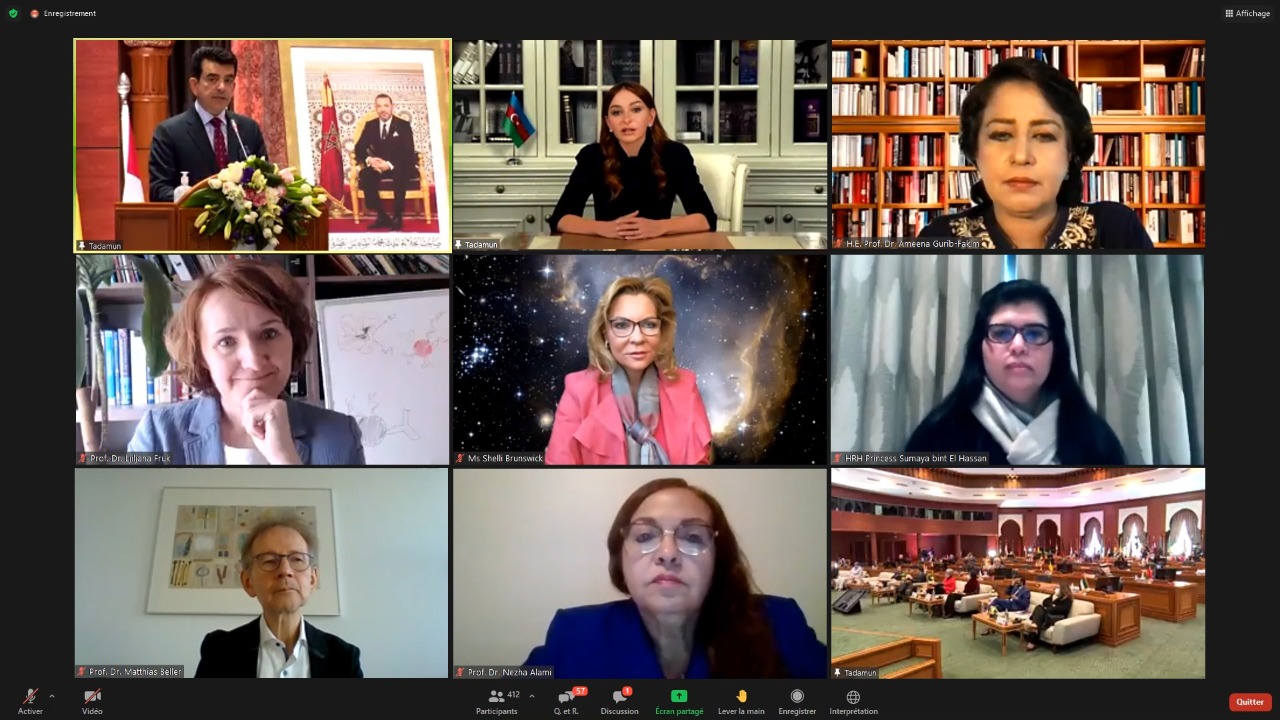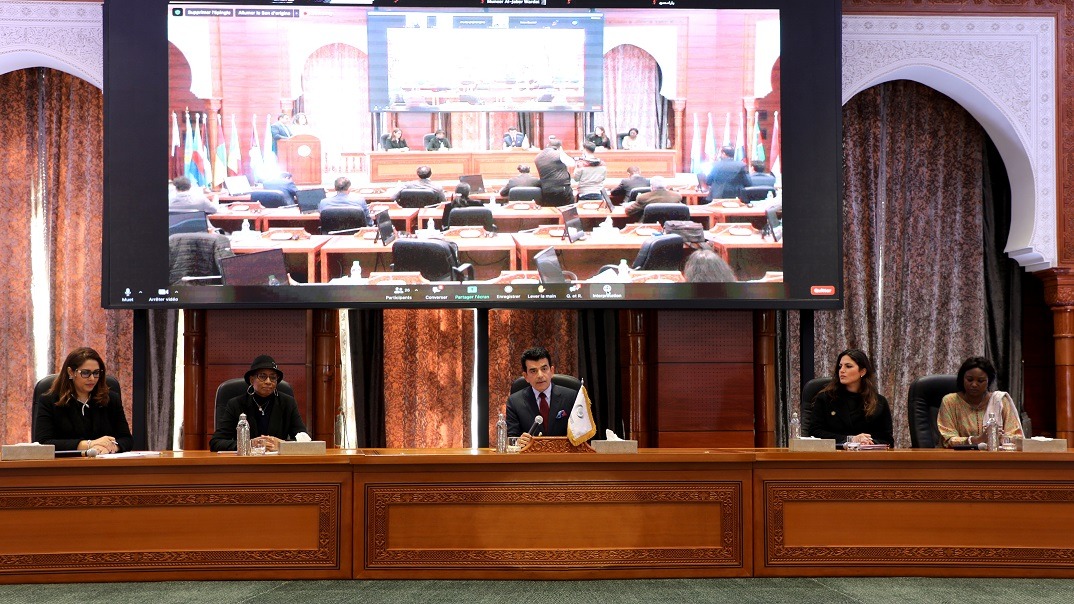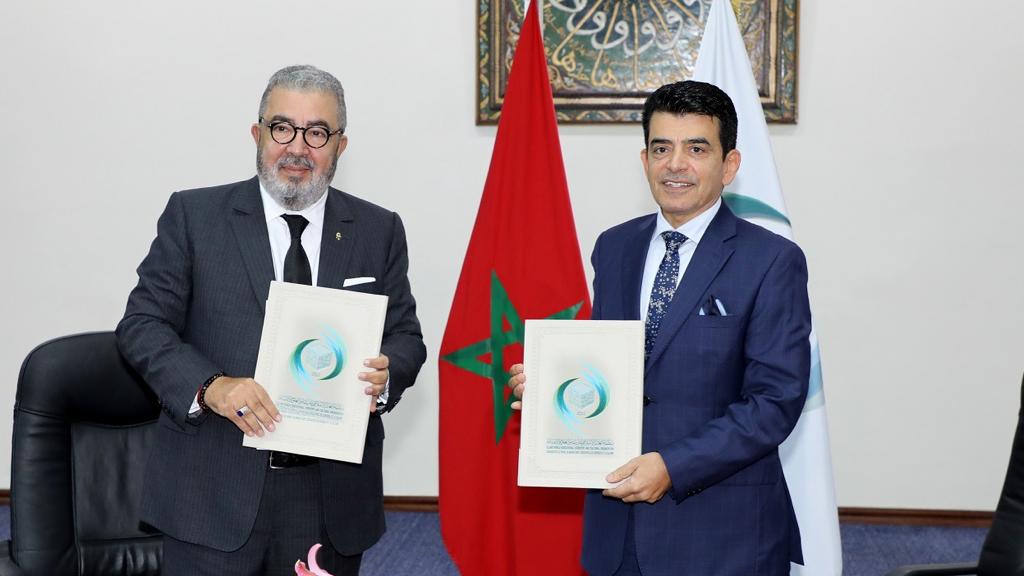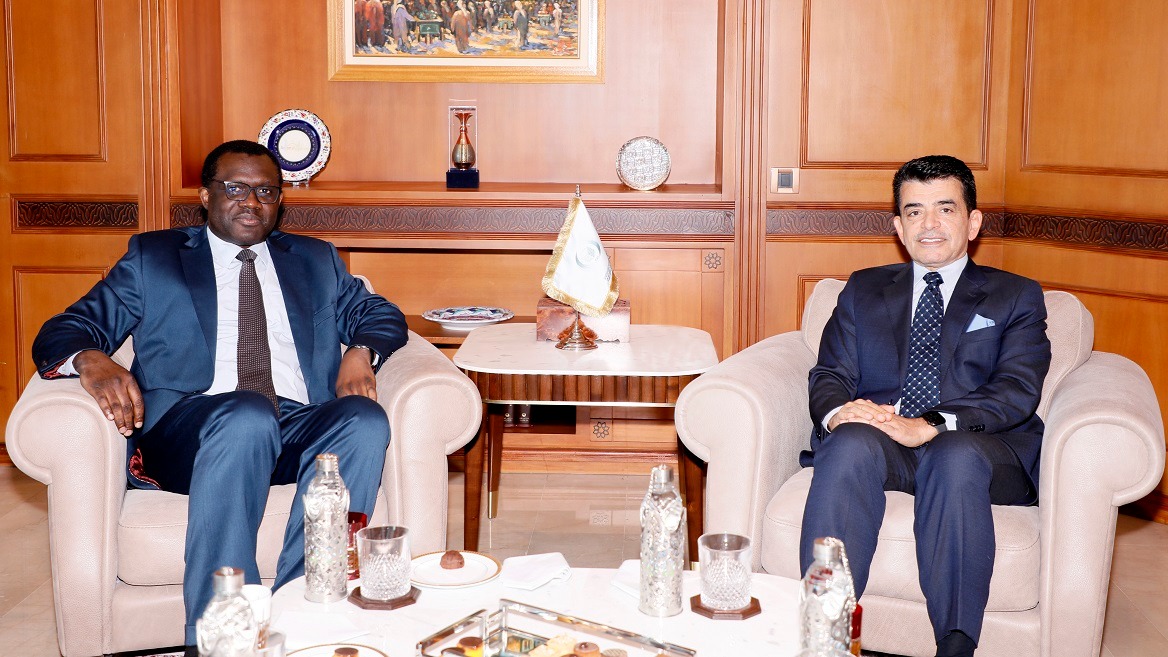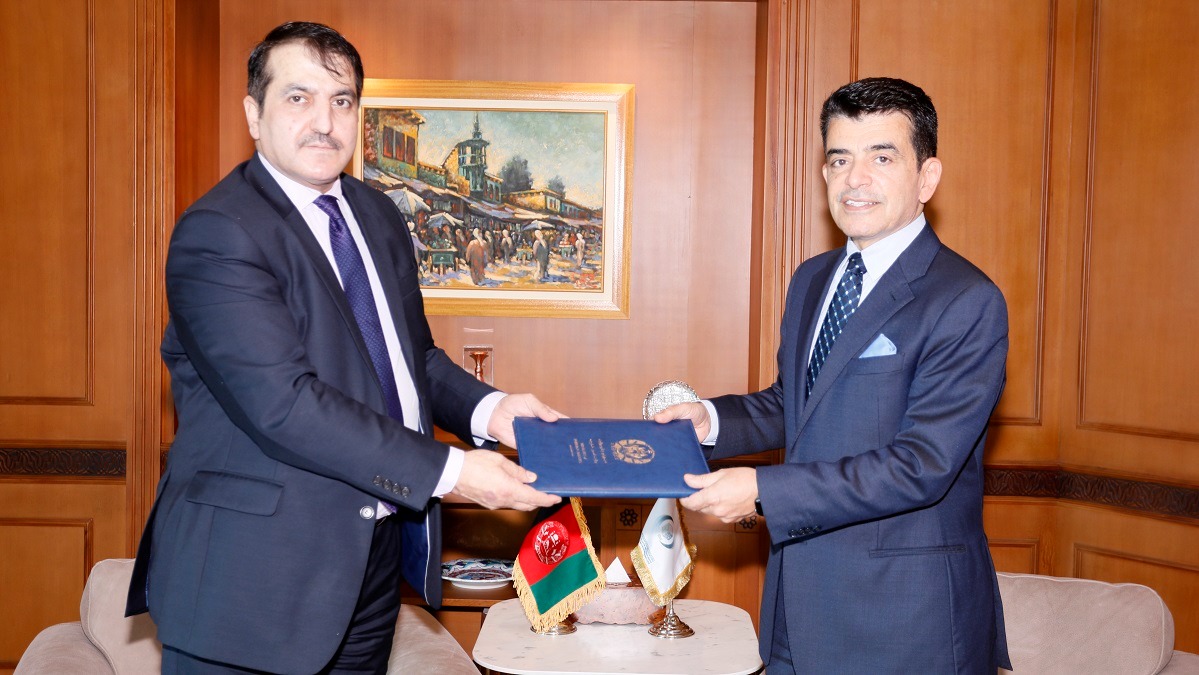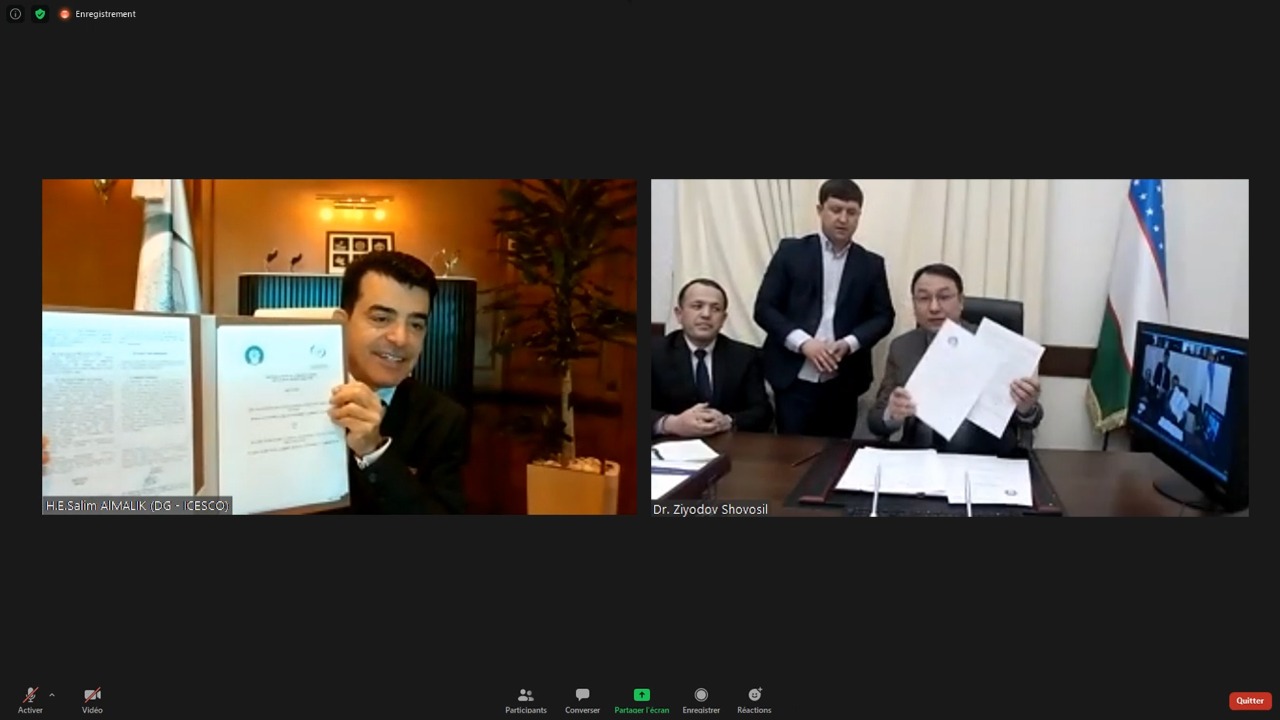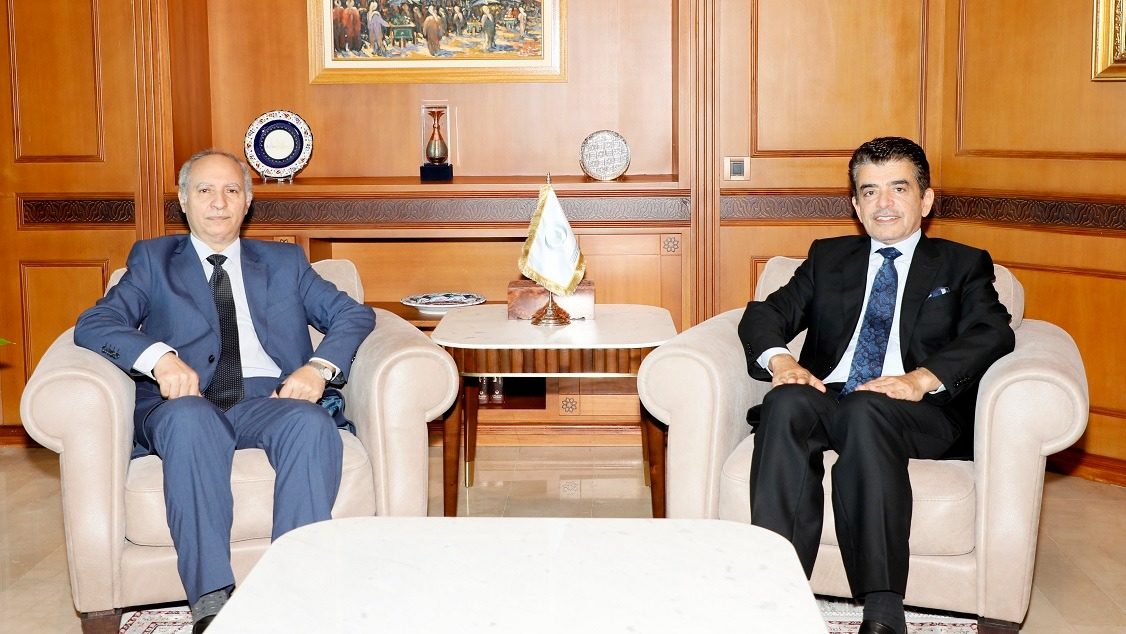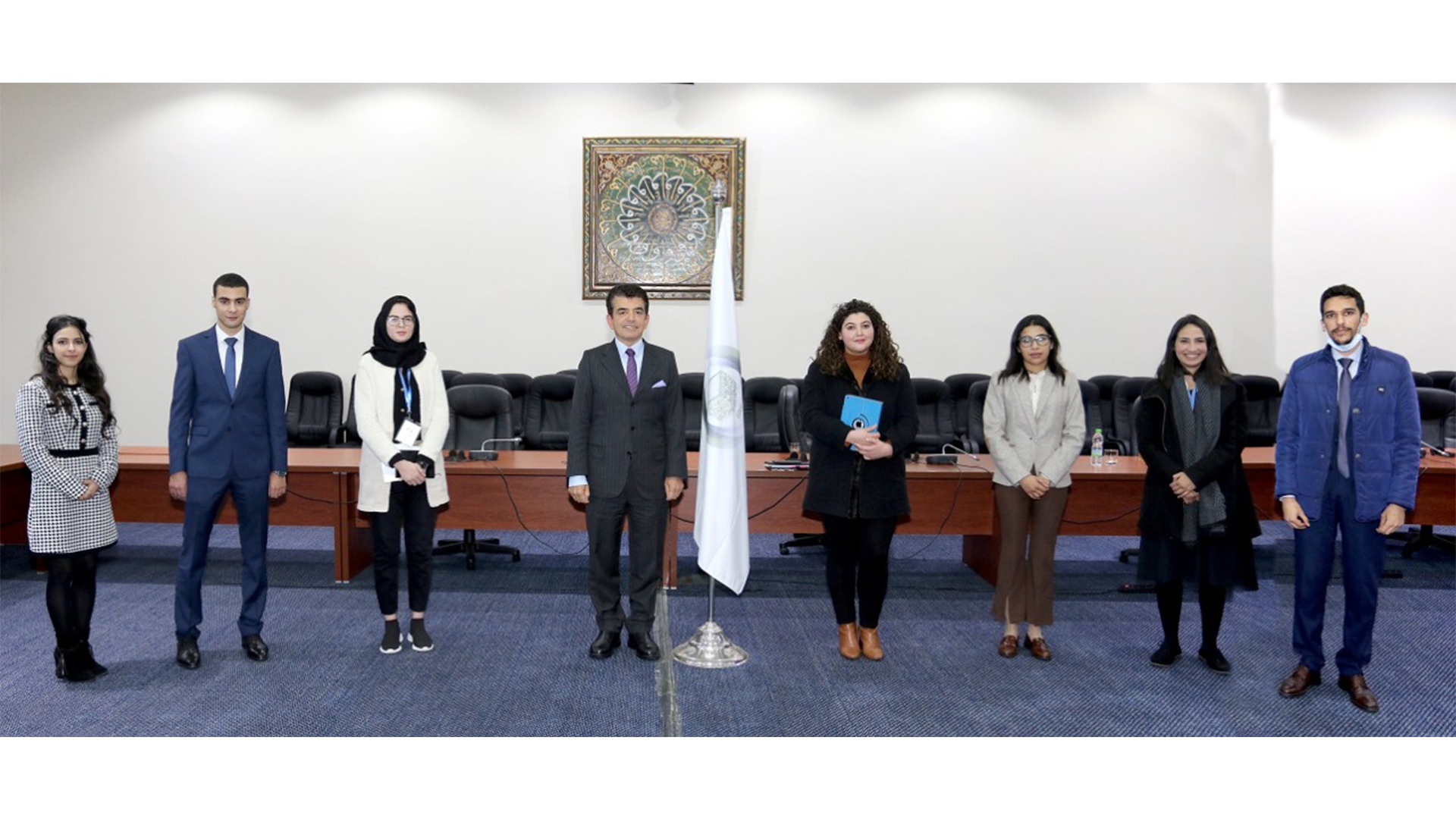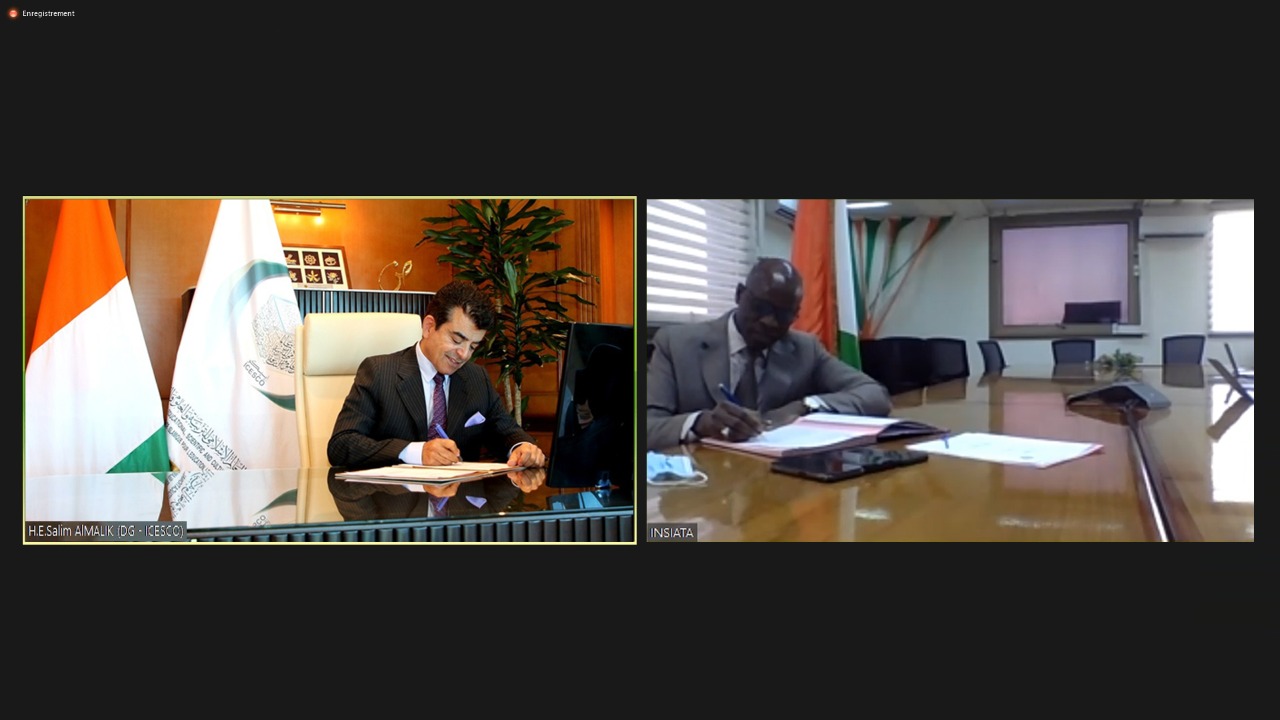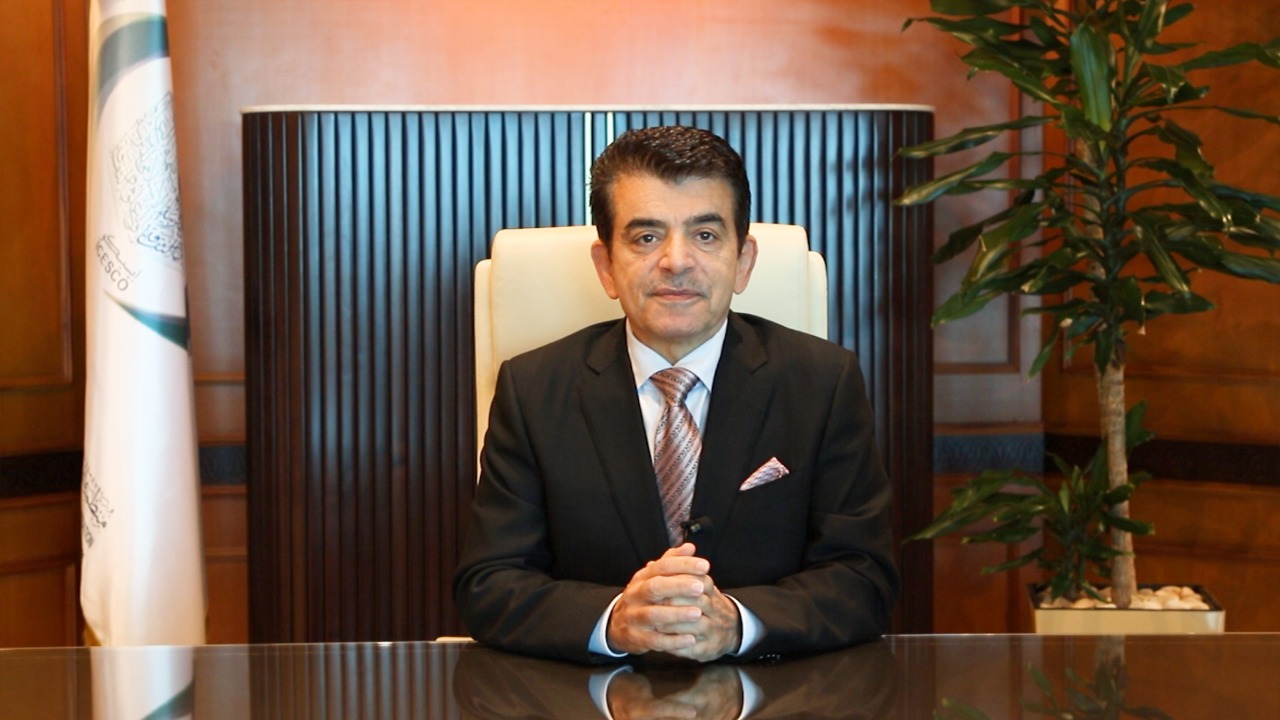The opening session of the celebration of the Islamic World Educational, Scientific, and Cultural Organization (ICESCO) of the International Day of Women and Girls in Science. Dr. Salim AlMalik, ICESCO Director-General (DG), moderated the event that included face-to-face and videoconference contributions and witnessed high-level participation from all over the world.

The Organization held the celebration as part of the programmes and activities of ICESCO’s Year of Women under the theme: “Narrowing the Gender Gap Starts with Science” under the high patronage of H.M. King Mohammed VI of Morocco, in partnership with the Leibniz Institute for Catalysis (LIKAT), a member of Leibniz Association Germany, and Space Foundation in the United States. The opening session of the celebration featured addresses by Dr. Mehriban Aliyeva, First Lady, First Vice-President of Azerbaijan.

Dr. Aliyeva expressed her thanks and appreciation for the achievements ICESCO has scored in supporting women, especially in science, while stressing that achieving sustainable development hinges on making progress in science and innovation. In her address, Dr. Ameenah Gurib-Fakim, former President of Mauritius, said that the gender gap in science is a global phenomenon that needs to be redressed. She put forward many proposals and ideas to achieve the goal. H.R.H. Princess Sumaya bint El Hassan, President of the Royal Scientific Society of Jordan, said that despite the efforts being made to support and provide opportunities for women and girls, there is still a long and difficult path to travel. She then praised the roles ICESCO plays in supporting women in the areas falling under the realm of its competence. For his part, Dr. Al-Malik reaffirmed that the Organization has prepared its ambitious programme “Women for the Future” for 2021 through which it aims to support women in several areas to overcome various challenges, including in the field of science.

ICESCO DG explained that the implementation of the 2030 Agenda for Sustainable Development needs everyone’s participation and sincere efforts to reduce gender disparities in science, technology, and innovation (STI). He deplored that despite the efforts made to enhance women’s and girls’ science education and the increase in women’s and girls’ enrollment, many drop out before scoring distinguished achievement in scientific research. “Women researchers across the globe represent only 28.8% of the total number of people involved in the field of scientific research, and only 27% of the countries of the world achieved gender parity in 2016,” the DG added. The DG stressed the need for action to change the situation. He stressed that ICESCO, as part of its new vision, will spare no effort and will invest its expertise and resources to support women in the field of science, technology, education, and culture. The Organization is also willing to cooperate with countries, institutions, and interested people to provide opportunities for women and girls to enhance their role in science and technology, he continued. The first session then kicked off face-to-face at ICESCO headquarters and brought together many ambassadors accredited to Morocco and experts in the field of science. High-profile female figures, Nobel Prize laureates in the fields of science, specialists, and professors at prestigious universities from all over the world also attended the first session remotely.


